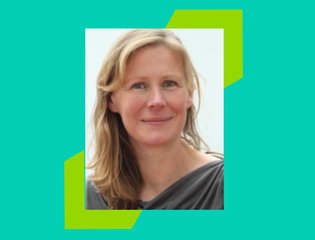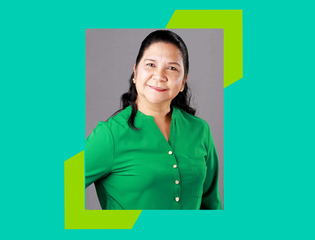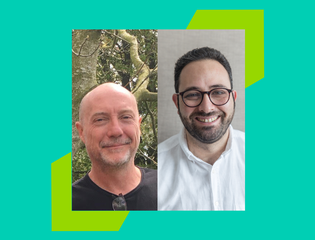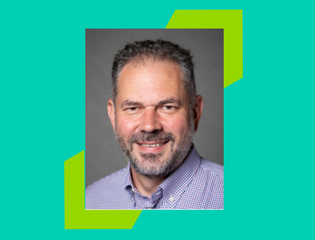In challenging times for the humanitarian sector, it’s more important than ever that we capitalise on the wealth of learning and experience that already exists within the system. Sometimes it’s as important to learn from what didn’t happen, or what might have happened if things were different.
As ALNAP moves forward in 2024, we challenge ourselves, our members, and humanitarians everywhere to be bolder in learning, embrace different learning experiences, and be more responsive and receptive to learning. As we embark on this new journey, we will unpick power relations, step off learning paths, and work towards more inclusive learning environments. Join us on the learning journey!
The Learning Curve: A Podcast for Busy Humanitarians
ALNAP presents The Learning Curve: A Podcast for Busy Humanitarians, our latest podcast series. ALNAP Director, Juliet Parker speaks to busy humanitarians and takes us into the heart of the humanitarian sector, where we imagine how our world would be different if learning played an essential part.
Why Listen?
Every episode has in-depth discussions with experts from all over the world which are highly thought-provoking. Our guests come from various positions within the humanitarian profession thereby ensuring that there are differing viewpoints on how learning can translate into actual practice in humanitarian work.
We know that this industry has vast knowledge, experience and expertise but often fails to effectively use these insights to improve humanitarian responses.
Listen to the episodes
Events
In July 2024, we hosted a new event format looking at alternate futures in a world where learning comes first. The event explored:
- Unlocking the full potential of local knowledge for wider learning
- Why institutional ego and the competitive funding environment stop agencies from sharing learning collectively
- Organisational learning cultures - what would good look like?
Humanitarians based all over the world shared their perspectives through opinion, debate, networking and video.
Catch up on their conversations in the video below.



